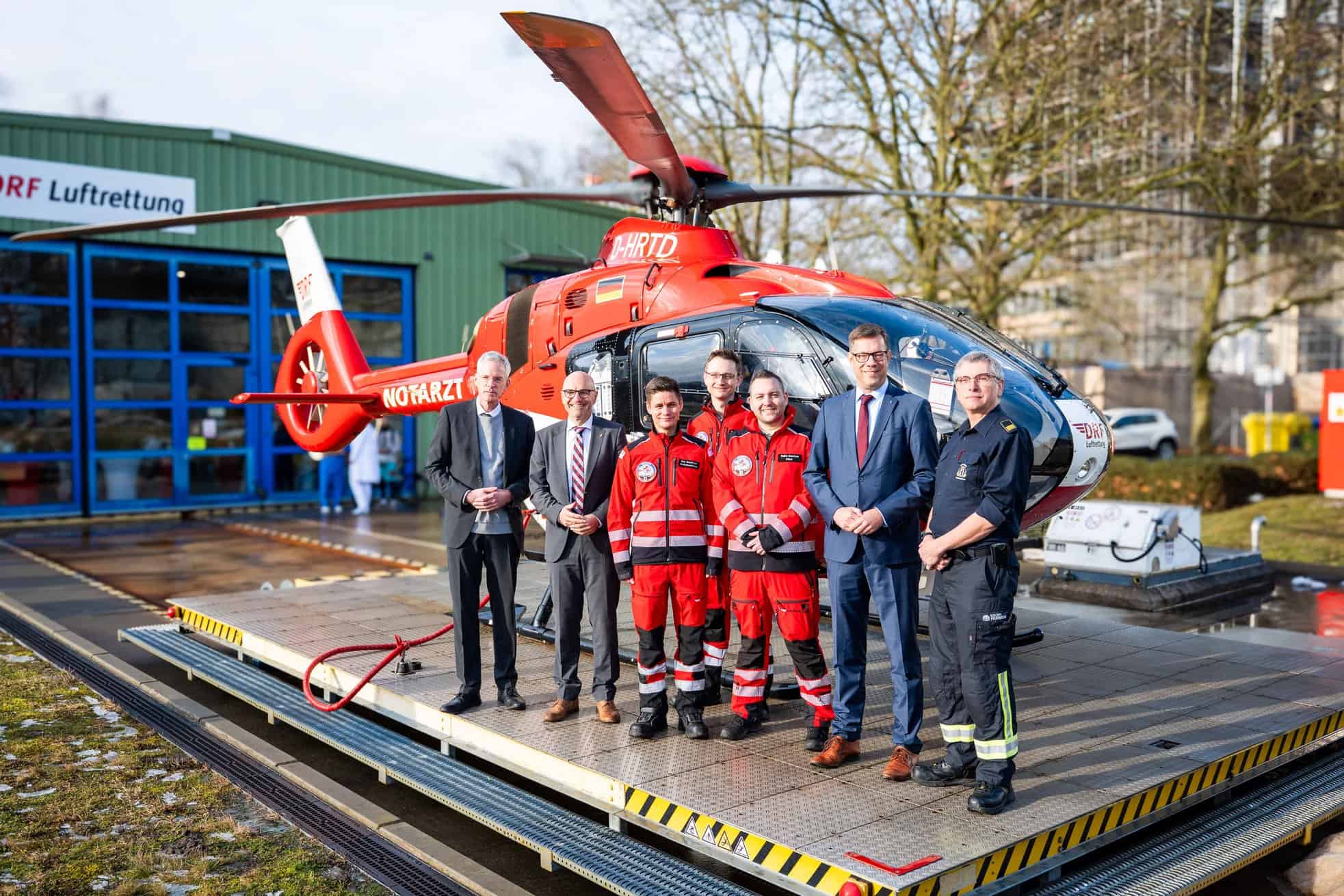This site is also available on:
Deutsch
Introduction to current developments in air transport
The negotiations on the 2026 federal budget marked a significant turning point for air transport in Germany. On November 13, 2025, the coalition committee agreed on a comprehensive package of measures primarily aimed at strengthening the competitiveness of Germany as an aviation hub. This package includes numerous measures essential for reducing the burden on the industry caused by high government-imposed fees. The international airline association BARIG expressed satisfaction with these decisions, particularly as a previously planned increase in air passenger duty from 2024 was withdrawn. Nevertheless, these steps are currently only a start, as further initiatives are necessary to sustainably strengthen air transport as a key economic driver.
Economic aspects and challenges for air transport
The burden of high fees has noticeably weakened Germany’s aviation sector in recent years. This has a negative impact on the entire economy, as air traffic is considered a key driver of growth, employment, and international connectivity. Understanding how the cost structure and regulatory framework compare to those of neighboring European countries is crucial in this context. Germany’s government-imposed location costs are significantly higher than those of many other European countries, resulting in airlines relocating and investments being reduced. A substantial portion of these costs is the air traffic tax, which was increased in 2024 and is now slated for partial reduction under the new package of measures.
The current cost of airport fees in Germany amounts to approximately four billion euros annually. The planned relief measures are intended to reduce these costs by around ten percent, which corresponds to savings of approximately 400 million euros. Despite this progress, however, the challenge remains of raising the competitiveness of the location to a level that can compete with other European air traffic hubs. Only in this way can the urgently needed growth prospects be realized in the future.
Specific measures to reduce costs in air transport
The package of measures agreed upon by the coalition committee focuses on process optimizations, structural reforms, and regulatory adjustments specifically designed to effectively reduce state-imposed location costs. The five key measures can be summarized as follows:
- Stabilizing and reducing air traffic control costs: A further increase in air traffic control costs is ruled out for 2026. Initial reductions are already planned, and by 2029 the cost burden for air traffic control is expected to decrease by significantly more than ten percent. This is particularly important because air traffic control costs represent a significant portion of the overall costs in the air transport system.
- Cost reduction in aviation security checks: By implementing process and efficiency improvements, developed taking into account proposals from the federal states, the costs of aviation security checks at airports are to be reduced. This contributes to lowering overall operating costs and also benefits passengers.
- Conversion of import tax to a clearing model: This realignment will offset the competitive disadvantages of German airports compared to their European competitors. This is a crucial step towards improving the international comparability of cost structures and thus encouraging airlines to continue using Germany as a destination and departure point.
- Abolition of the national “Power to Liquid” quota: The quickest possible repeal of this quota is being expedited, as it places additional burdens on air traffic and further weakens Germany’s competitive position internationally. This measure facilitates the use of alternative fuels and thus provides financial relief to the industry.
- Reduction of air passenger duty: A particularly important point is the planned reduction of air passenger duty on July 1, 2026, to the level before the increase in May 2024. This will reduce the tax burden for airlines and passengers, which should lead to cheaper airfares and stronger demand.
These measures are designed not only to reduce costs in the short term, but also to secure the structural competitiveness of Germany as an aviation location in the long term.
Significance of the relief for the German air transport industry and economy
For you as a stakeholder in air transport, it is crucial to understand the impact of these measures on the entire industry. Reducing the burden of fees directly leads to improved profitability for airlines and airports. This creates a more stable environment for investment, which in turn has positive effects on employment.
Passengers also benefit from these changes, as lower costs generally translate into more attractive prices and a wider range of options. Furthermore, reducing regulatory and tax hurdles can foster new, innovative business models that focus, for example, on sustainable technologies or efficient operations.
Industry stakeholders therefore expect the federal government to follow up this initial step with further measures to relieve pressure on and expand Germany’s aviation sector. Only through continuous dialogue between policymakers, businesses, and other stakeholders can an environment be created that supports robust growth in the medium and long term.
Outlook and requirements for the future
The measures adopted can be seen as a signal to the industry that the government recognizes the importance of air transport as a key economic sector. Nevertheless, it is crucial to closely monitor how these measures are implemented and what effects they actually have.
In particular, the full implementation of the planned reductions in air traffic control costs and the efficient optimization of security checks at airports require consistent cooperation between the federal government, the states, and airport operators. The implementation of the import tax reform will play a crucial role in minimizing competitive disadvantages in the long term.
Furthermore, the elimination of the “Power to Liquid” quota should help to make sustainable fuels practical and economically attractive, which plays an important role in times of growing demands on climate protection.
Furthermore, the reduction in air traffic tax eases the burden on airlines and passengers. This could generate new momentum for air traffic in Germany if this measure is combined with other relief strategies and innovation incentives.
A sustainable aviation policy will continue to require adjustments to global market conditions, technological developments, and environmental challenges. You can actively participate in this process by engaging in political discussions and contributing your experience to decision-making.
Conclusion: Examining governmental frameworks is essential.
The recent decisions within the framework of the 2026 federal budget represent the first concrete steps towards relieving the German aviation industry of excessive government fees. They offer an opportunity to reverse the negative trend of rising costs and competitive disadvantages that has emerged in recent years, and to reposition air transport as a key driver of growth, employment, and mobility.
It is clear that the measures planned for implementation, such as reducing air traffic control costs, cutting bureaucratic hurdles in security checks, and adjusting import taxes, are only a start. For you, as part of the aviation industry, continuously engaging with government regulations remains essential to ensure the future viability of this important mode of transport.
Ultimately, only a combination of sensible regulation, innovative technologies, and increased cooperation will put air traffic in Germany back on a path of sustainable growth. Therefore, considering the overall package, it is advisable to closely monitor further developments and proactively participate in the necessary debates.




